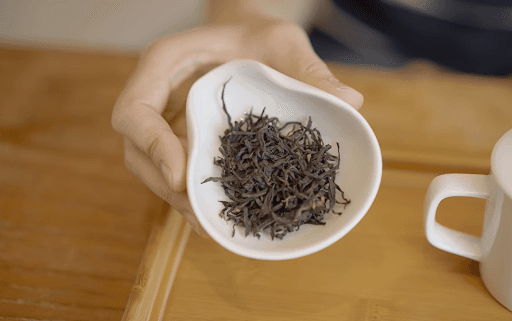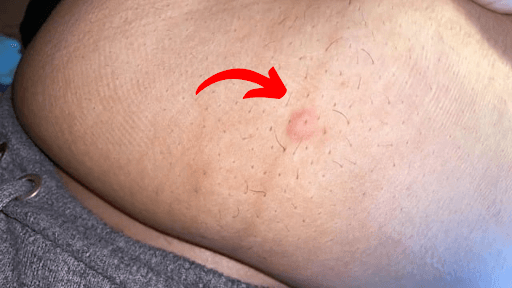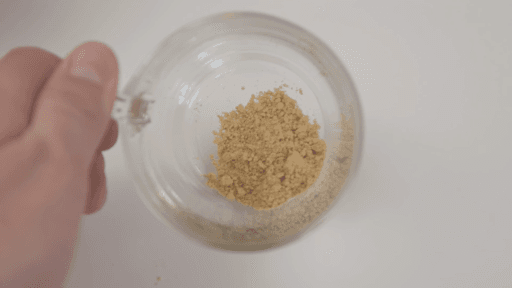3 Essential Blood Tests To Run: you need to know this | Episode 4 of 18
Understanding your glucose health is crucial for maintaining overall well-being. This guide explores several important blood tests that can provide insight into your body's glucose and insulin levels.
The fasting glucose test is a common measure of glucose health. It checks how much glucose is in your bloodstream after an overnight fast. Though standard, it offers only a basic overview of your glucose levels.
Normal levels are considered to be under 100 mg/dL, while pre-diabetes is diagnosed at levels between 100 and 126 mg/dL. However, research indicates that an optimal level may be below 85 mg/dL.
The HbA1c test measures the average level of blood glucose over the past two to three months. This test evaluates how much glucose has chemically bonded with red blood cells, providing a broader picture of glucose control.
An HbA1c level below 5.7% is considered normal, while levels between 5.7% and 6.4% indicate pre-diabetes.
Optimal fasting insulin levels range from 2 to 6 µIU/mL. Levels above 10 µIU/mL may suggest insulin resistance or diabetes.
The HOMA-IR (Homeostasis Model Assessment of Insulin Resistance) index offers a combined measure of insulin and glucose, helping determine insulin sensitivity. It is calculated by combining fasting glucose and insulin levels.
- Less than 2 indicates optimal insulin sensitivity.
- Between 2 and 3 suggests early insulin resistance.
- Above 3 indicates significant insulin resistance.
Improving your glucose and insulin health often involves dietary and lifestyle adjustments. Engaging in light physical activity and making specific dietary changes can promote better glucose metabolism.
- Opt for a savory breakfast instead of a sweet one.
- Include a vegetable starter with meals.
- Engage in muscle-using activity post meals.
- Try a vinegar drink to aid glucose control.
In sum, while the fasting glucose test is essential, it should be supplemented with other tests like HbA1c, fasting insulin, and the HOMA-IR index for a comprehensive view of glucose health. Always consult with your healthcare provider to tailor these insights to your personal health needs.
Consistency in monitoring these parameters can lead to early detection and better management of potential glucose-related health issues.
From Around The Web
Healthy Shark is a blog & weekly newsletter that curates trending news and products related to health and wellness from around the web. We also gather content from various sources, including leading health professionals, and deliver it directly to you.
Please note that we may receive compensation if you purchase any products featured in our newsletter. Healthy Shark is not affiliated with, nor does it endorse, any health professionals whose content may appear in our newsletter. The information provided is for general informational purposes only and should not be considered medical advice.
The information provided is not intended to replace professional medical advice, diagnosis, or treatment. All content, including text, graphics, images, and information available is for general informational purposes only. We do not guarantee the accuracy or completeness of any information presented and assume no liability for any errors or omissions. The content is subject to change without notice. We encourage you to verify any information with other reliable sources and consult your physician regarding any medical conditions or treatments.







